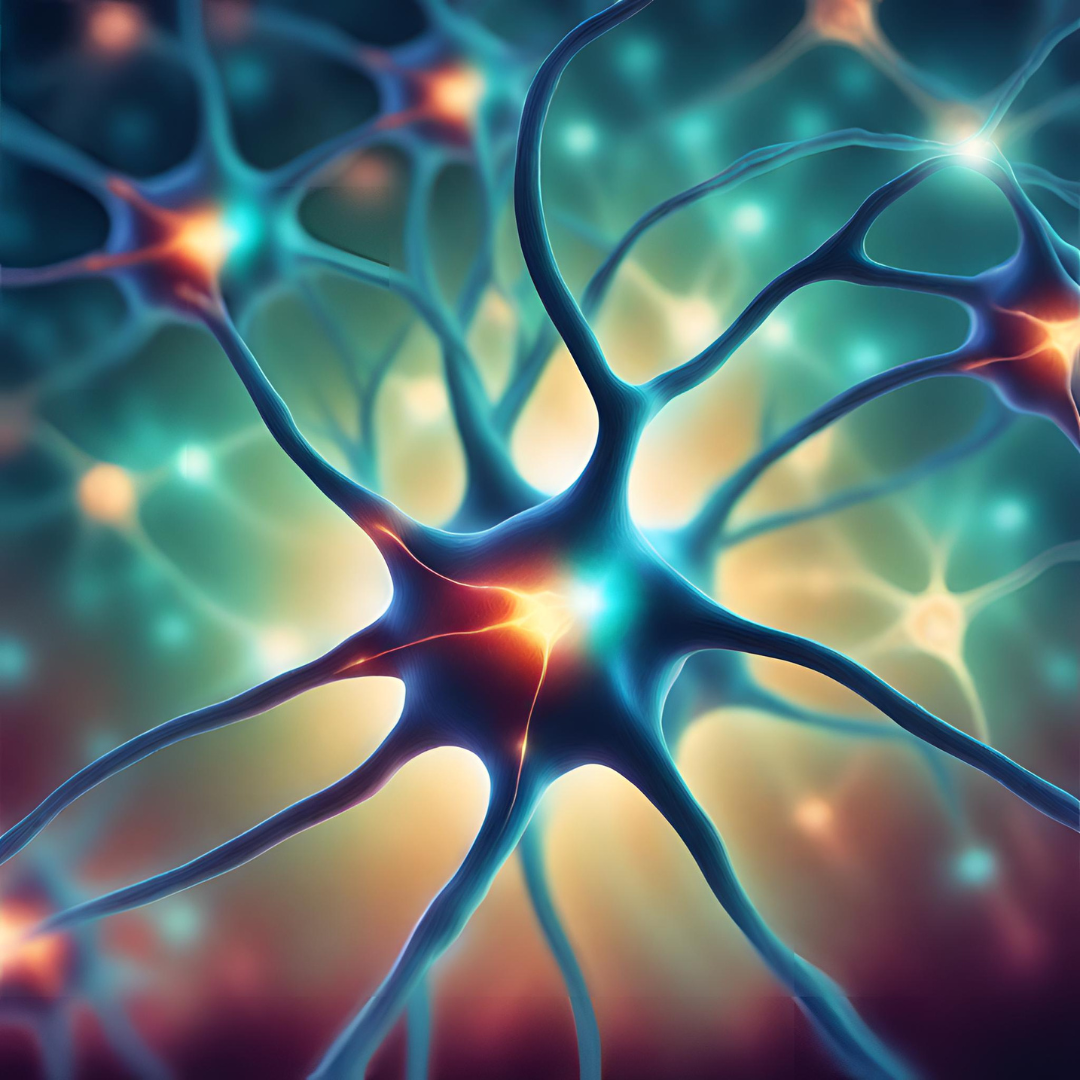
Have you ever wondered how your brain stores memories and helps you recall them at a moment's notice? Recent research has made significant strides in identifying specific brain cells that play a crucial role in enhancing memory, focus, and storage.
Understanding the Hippocampus
The hippocampus, a small seahorse-shaped structure located in the brain, has long been associated with memory formation and storage. Within the hippocampus, researchers have identified specialized neurons called "place cells" that are responsible for encoding spatial information and creating a cognitive map of our surroundings.
Unveiling the Role of Grid Cells
In addition to place cells, scientists have also discovered another type of neuron known as "grid cells" in the entorhinal cortex, a region closely connected to the hippocampus. Grid cells fire in a grid-like pattern, helping us navigate our environment and maintain a sense of direction. These cells are essential for spatial memory and play a key role in memory enhancement.
The Impact of Neurogenesis
Furthermore, recent studies have shown that the process of neurogenesis, the formation of new brain cells, occurs in the hippocampus throughout our lives. This ongoing generation of neurons is crucial for learning and memory, as it allows the brain to adapt to new information and experiences.
Enhancing Memory Through Neuroplasticity
Neuroplasticity, the brain's ability to reorganize itself by forming new neural connections, is another key factor in memory enhancement. By engaging in activities that stimulate the brain, such as learning a new skill or solving puzzles, we can promote neuroplasticity and improve our memory function.
By understanding the intricate mechanisms of memory enhancement, researchers are paving the way for new treatments and interventions to combat memory disorders and cognitive decline. The more we learn about the brain cells that enhance memory, the closer we come to unlocking the full potential of our cognitive abilities.
